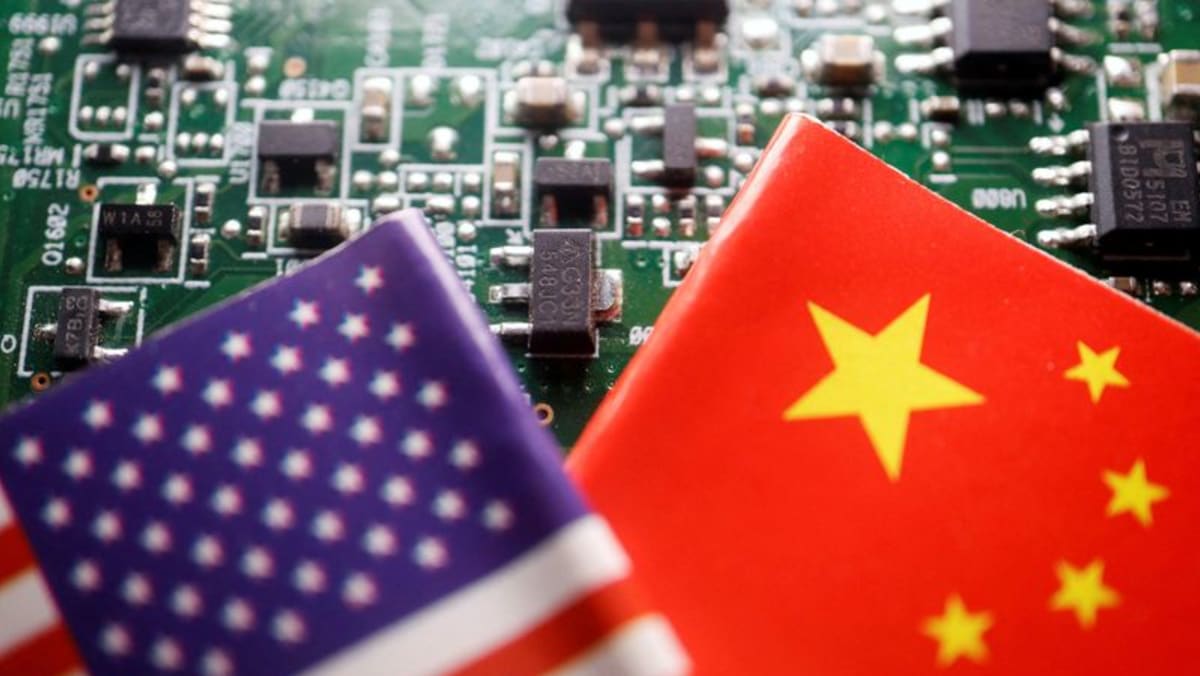US mulls new export restriction on computing power in AI chips

U.S. officials are considering tightening an export control rule designed to slow the flow of artificial intelligence chips to China by clamping down on the amount of computing power the chips can have, according to two people familiar with the matter.
The Biden administration last October issued a sweeping set of rules designed to freeze China’s semiconductor industry in place while the U.S. pours billions of dollars in subsidies into its own chip industry.
An update to those rules may come by late July, two sources said, but one cautioned that such U.S. actions involving China often get delayed.
The U.S. Commerce department declined to comment.
Nvidia Chief Financial Officer Colette Kress said on Wednesday at an investors conference, “Over the long-term, restrictions prohibiting the sale of our data center GPUs to China, if implemented, would result in a permanent loss of opportunities for U.S. industry to compete and lead in one of the world’s largest markets and impact on our future business and financial results.”
The Wall Street Journal on Tuesday reported that the Biden administration was considering new restrictions on exporting AI chips to China.
One of the October rules limited the sale in China of chips that can provide the computing power needed to create artificial intelligence technologies similar to ChatGPT, a move that immediately impacted sales of products from Nvidia Corp and Advanced Micro Devices Inc, and would likely affect future offerings from Intel Corp.
The possible rule tightening would hardest hit Nvidia, whose strong position in the AI chip market helped make it worth $1 trillion earlier this year.
“”We do not anticipate that such additional restrictions, if adopted, would have an immediate material impact on our financial results,” Nvidia’s Kress said on Wednesday.
Questions have arisen about how effective the October rule will be in slowing Chinese companies’ development of AI systems.
Nvidia has made special chips for the Chinese market that comply with the October restrictions, but Reuters reported last month that major Chinese companies such as Tencent Holdings plan to use Nvidia’s export-compliant chips to cut the time it takes to train huge AI systems by more than half.
The current rule around AI chips involves two restrictions. One restriction focuses on how fast chips can communicate with each other, which is important because AI systems such as ChatGPT require thousands of chips to be chained together. The other restriction focuses on how much computing power the chip can have.
The H800 chip that Nvidia created for the Chinese market, for example, has as much computing power at some settings used in AI work as the company’s chip for the rest of the world, but its chip-to-chip speeds are limited, according to a specification sheet seen by Reuters.
Intel declined to comment. AMD declined to comment. Previously, AMD have said the rules will not have an impact on its financial results.
Source: CNA















